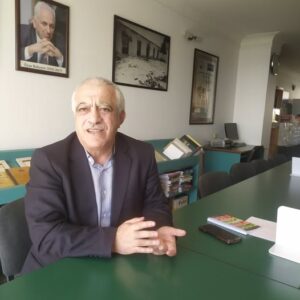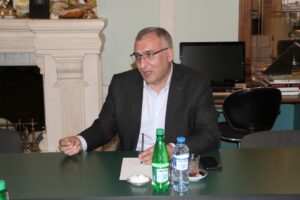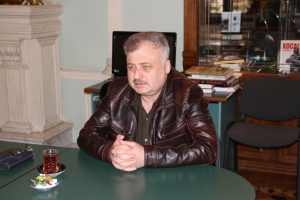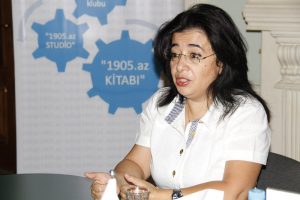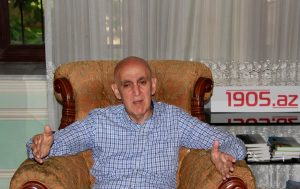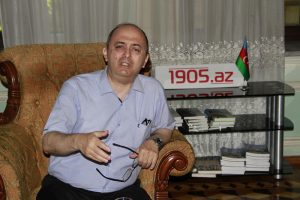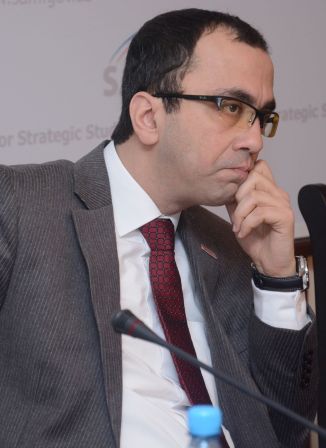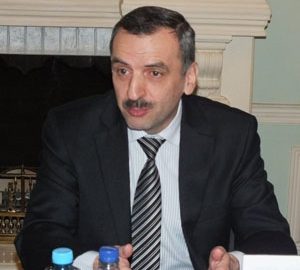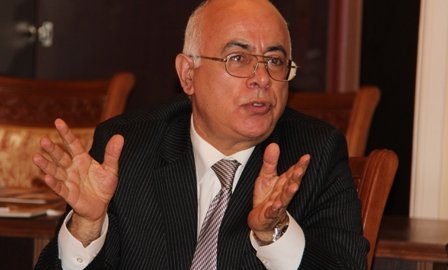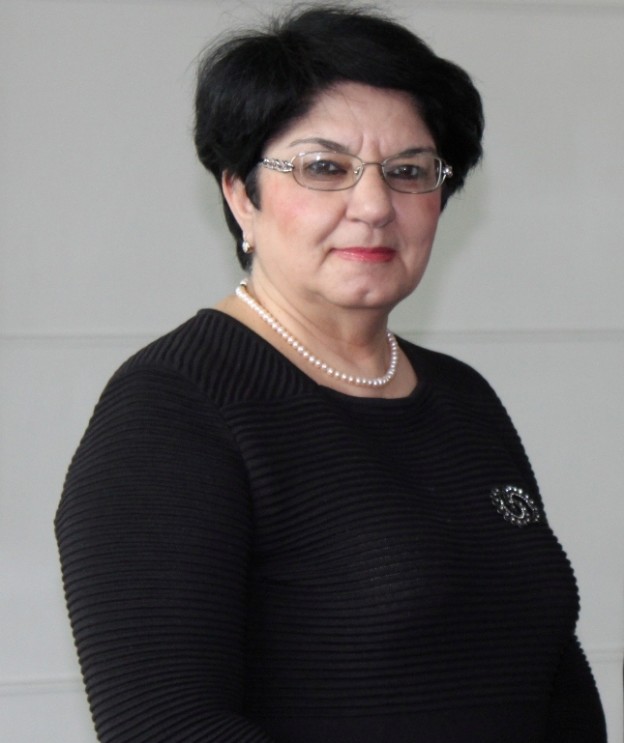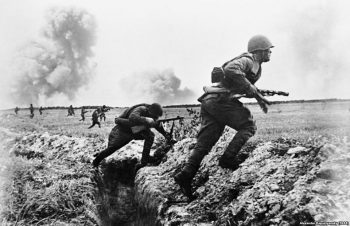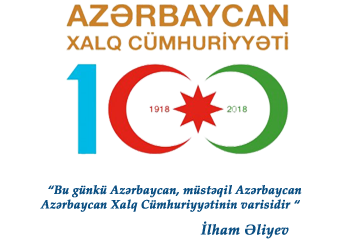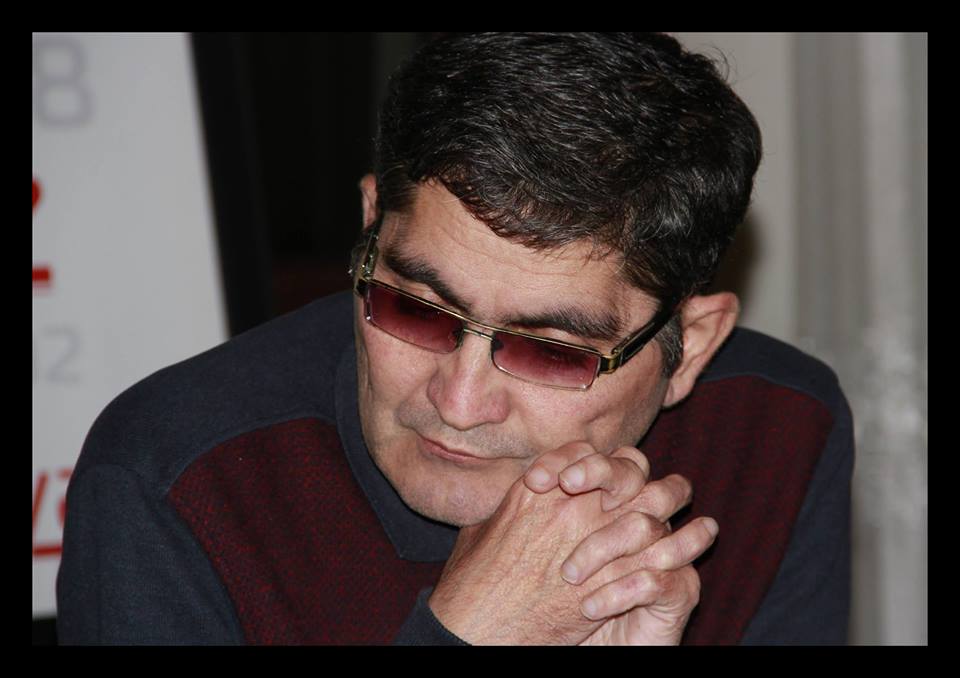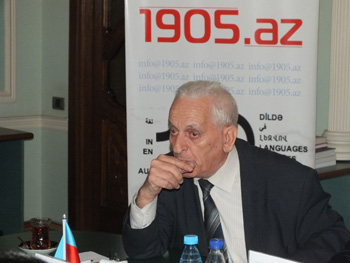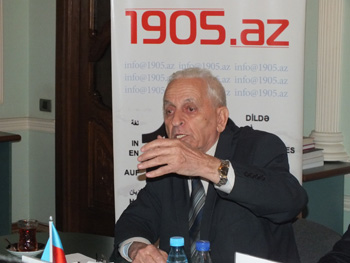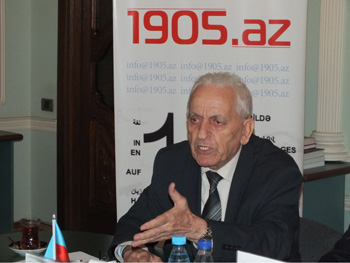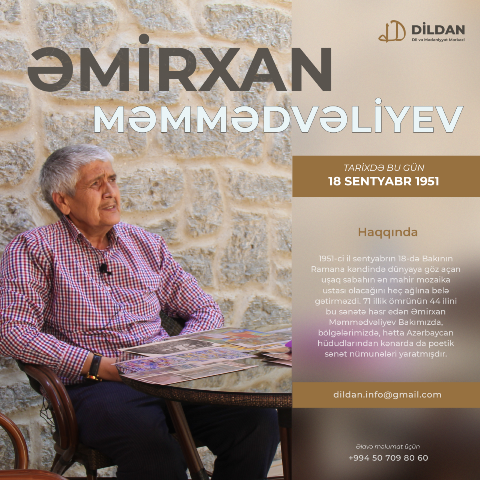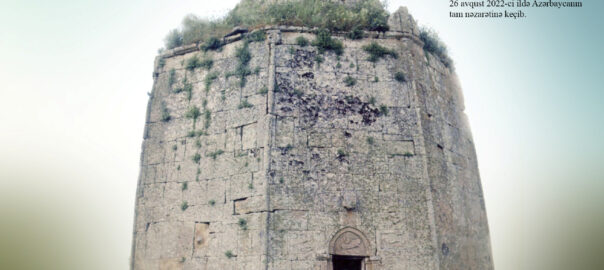4.4. Establishment of the Independent External Investigation Body on allegations of corruption within PACE
Proceeding from unjustified speculations and libels by Soros-funded European Stability Initiative (ESI) and other NGOs, the pro-Armenian and anti-Azerbaijani forces in Europe further beefed up the persecution campaign at the end of 2016 and ahead of PACE’s 2017 winter session by making damaging allegations of corruption against Azerbaijan through reports produced one after another.
The intensity of reports in circulation on false allegations of corruption, to put it in military terms, resembled “artillery preparation” before an assault. Thus, on 21 November 2016, “Report” investigation program on Italian public television RAI 3 aired a documentary on corruption within the Council of Europe.
Following this, on 17 December 2016, European Stability Initiative published its second report, “The European Swamp (Caviar Diplomacy Part 2) – Prosecutors, corruption and the Council of Europe”.
On 20 January 2017, global anti-corruption NGO Transparency International and six of its European offices “called on top officials of the Council of Europe to investigate serious allegations of corruption in that organization, including organize an independent investigation, led by an expert in such matters, into the circumstances surrounding the PACE vote on political prisoners in January 2013, and into the behavior of members of the Azerbaijani delegation.”
In a letter to the PACE leadership on 20 January, Amnesty International said that “the allegations regarding improper conduct of members of the Parliamentary Assembly of the Council of Europe with a view to influencing the content of and voting on the Assembly’s resolutions are serious”.
Thus, there emerged a very tense situation ahead of PACE’s 2017 session. The reason behind were attempts by the Presidential Committee within the framework of PACE’s 23-27 January 2017 session to have discussions around the issue of termination of competences of the Azerbaijani delegation and of its two members, whose names (Elkhan Suleymanov and Muslum Mammadov) were erroneously mentioned in corruption by some NGOs.
However, it was said at the Presidential Committee that it was contrary to the rules of the Assembly. Along with this, the Presidential Committee assessed interviews by two Armenian parliamentarians to Italian TV channel RAI 3 on the so-called cases of corruption in PACE as an unacceptable behavior in terms of parliamentary behavior. PACE Secretary General Wojciech Sawicki was instructed to send a letter to the speaker of the Armenian Parliament to ask him to look into behaviors of the two parliamentarians and inform PACE to this end not later than 25 January.
At the same time, the Presidential Committee assessed groundless accusations by the anti-Azerbaijani European Stability Initiative against members of the Assembly as an attempt to influence their will to vote freely and independently. The Committee instructed PACE Secretary General Sawicki to send a warning letter to the organization.
However, during the session, the anti-Azerbaijan forces managed to change the course of the events to another direction. On the first day of PACE’s 2017 winter session – on 23 January – a plenary meeting was accompanied by the appeals to investigate serious allegations of corruption that “affected the voting on the issues of human rights”.
At the plenary meeting, French MP Josette Durrieu and Danish MP Mogens Jensen, Dutch MP Tiny Kox, British MP Ian Liddell-Grainger, former PACE President Anne Brasseur called on for urgent investigation into the allegations of corruption.
PACE President Pedro Agramunt demonstrated his position on the issue and called the debate on corruption the matter of “honor”: “I cannot allow the honor of the Assembly or any of its members to be defamed. I cannot allow this Assembly to be misused to fight battles against states that some see as rivals or enemies. I cannot allow campaigns of hatred, verbal aggression, blackmail or pressure, orchestrated by those who are not satisfied with the results of a vote… It is important to understand that unlawful attacks on someone’s honor and reputation may require defending through the courts.”
It should be noted that on 25January, EPP Group Leader Axel Fischer wrote a letter to Agramunt, calling on him to investigate, not the behaviors of MPs, but the NGOs who had raised the issue: “We expect that all current and former members of the Parliamentary Assembly… respect the Assembly’s rules and, that prior to collaboration with NGOs, the members ascertain the work, objectives and financial arrangements of said NGOs…”
However, neither the Assembly leadership, nor the Assembly members paid heed to Axel Fischer’s calls for “ascertaining the work, objectives and financial arrangements of NGOs” that made allegations of corruption against PACE members. The anti-Azerbaijani “wheels” on allegations of corruption has already been set in motion…
Taking advantage of the situation, a group of MPs led by tough anti-Azerbaijani MP Pieter Omtzigt (Netherlands, EPP) and MP Frank Schwabe (Germany, SPD) made a declaration on 25 January 2017 entitled “Parliamentary Assembly Integrity”.
This declaration, which was signed by 64 PACE MPs from 25 countries within a few hours, on the one hand, called on PACE to do two concrete things, and on the other hand, they called on all members from across political party groups to support this call.
The declaration, stating that “recent, serious and credible allegations of grave misconduct by some of its members risk undermining public confidence in the Parliamentary Assembly’s integrity”, read as follows: “We, the undersigned members of the Parliamentary Assembly, believe that the Assembly must:
1. establish, without delay, an external, fully independent and impartial inquiry into all allegations of improper conduct or corruption that may have sought to influence the work of the Assembly in recent years, focusing in particular on allegations surrounding the vote on political prisoners in Azerbaijan in January 2013; the conclusions of the inquiry and its recommendations should be made public directly to the Assembly and the public at large;
2. To ensure that the Assembly’s Code of Conduct is strengthened in accordance with international best practice and recommendations requested from GRECO; and that the strict observance of these standards is monitored and enforced by a permanent independent mechanism attached to the Assembly.”
Interestingly, Omtzigt and Schwabe approached MPs and blackmailed them, saying ” It would be better if you sign it: if you do not criticize Azerbaijan, you will be clearly suspected, criticized and blacklisted”. These gentlemen demanded MPs to sign their declaration, to prepare and send similar letters to the national delegations. Thus, in early March, the declaration was already supported by 88 PACE MPs.
The PACE Committee on the Rules of Procedure, Immunities and Institutional Affairs adopted Pieter Omtzigt-Frank Schwabe Declaration on 26 January. The committee called on the Bureau to set up an independent investigation body to probe allegations of corruption within the Assembly and shed light on hidden practices that favor corruption.
At its meeting held on last day of the Assembly’s 2017 winter session on January 27, the Bureau made a decision on the issue: “An independent external investigation needs to be set up to shed light on hidden practices that favor corruption. The Bureau charged the PACE Secretary General with the preparation of a Memorandum on the draft terms of reference of the independent external investigation body”.
One of the noteworthy points is that the decision of the Rules Committee, calling on “setting up an independent external investigation body” was adopted only a day before the session of the Milan Court regarding the Volonte court case. The following day, in the afternoon, the PACE Bureau was forced to execute the “request of the Committee” under similar pressure, without even waiting for the decision of the Italian judge in Milan on this alleged accusation.
Nevertheless, on 27 January 2017, the Milan Court made a decision on the case of Luca Volonte. Given its importance, I would like to quote the following:
“In the name of the Italian People, the Court of Milan Declares the absence of conditions for proceedings against Luca Volonte Giuseppe in relation to the offence of corruption through the exercise of his function as in the first head of indictment, because the actions he is accused of are not subject to examination by the courts owing to the immunity clause provided by the combined effect of Paragraph 1, Article 68 of the Constitution; Law no. 140/2003 of the Lower House of the Italian Parliament; the Statute of the Council of Europe; Articles 14 and 15 of the General Agreement on Immunity of the Council of Europe; and Articles 3 and 5 of the Protocol to that Agreement.”
However, the PACE Bureau has already taken a decision. So, the blackmail and unfounded allegations by a group of MPs has completely violated the integrity among PACE members, and unfortunately; it openly undermined the PACE’s global credibility.
Incidentally, I would like to state that on 13 February 2018, Mr. Galli, judge of the 6th Court of Milan, dropped as unfounded the allegations of money laundering case against Luca Volonte Giuseppe. The Milan Prosecutor’s Office complained about the decision and appealed directly to the Court of Cassation. The Court of Cassation decided on 18 October 2018 that the reasons why the Milan Prosecutor’s Office had filed a complaint with the Court of Cassation against the previous decision were groundless, and thus the complaint was rejected.
Simultaneously, a logical question that arises is: what did the calls by a group of parliamentarians to investigate Strasser’s report and to annul the voting results, to appoint a new rapporteur on the so-called political prisoners in Azerbaijan as well as the issuance of a statement, demanding that an independent body be set up to examine these reports, plus the adoption of a decision by the PACE Bureau “to institute an independent external investigation body” in disregard for the verdict of the Milan court prove? They proved that it is not of sporadic nature to exert political pressure on Azerbaijan at PACE, but part of a planned long-term anti-Azerbaijan strategy.
Finally, on 3 March 2017, PACE Secretary General Wojciech Sawicki prepared a draft memorandum, entitled “Allegations of corruption in the Assembly – setting up an independent external investigation body” and presented it to the 9 March Madrid meeting of the PACE’s Presidential Committee and the Bureau.
The Bureau decision on Sawicki’s draft memorandum submitted to the Madrid meeting read: “The Assembly took note of the memorandum prepared by the Secretary General and decided to invite the leaders of the five political groups to prepare a revised proposal for adoption at the next Bureau meeting”. However, the leaders of the political groups could not agree on drafting a single proposal.
Nevertheless, on 24 April 2017, the Bureau adopted a decision on the terms of reference of the Investigation Body, in fact, based on the memorandum ‘ legations of corruption in the Assembly – setting up an independent external investigation body” prepared by Wojciech Sawicki.
Simultaneously, the Bureau instructed the PACE Secretary General to hold talks on the composition of the body, to come up with a proposal and to take necessary steps to guarantee the investigation body with the required resources to ensure its proper functioning. On 28 April 2017, the Assembly approved the terms of reference of the Investigation Body.
On 29 May 2017, the Bureau ratified the composition of the Independent External Investigation Body comprised of three members. They are: Sir Nicolas Bratza (United Kingdom), former judge and former President of the European Court of Human Rights; Mr. Jean-Louis Bruguiere (France), former judge in charge of investigations and international expert on anti-terror ism issues; and Elisabet Fura (Sweden), former judge at the European Court of Human Rights and former chief parliamentary Ombudsman of Sweden. The composition of the Investigation Body was approved by the Assembly at its plenary session on 26 June 2017.
The terms of reference of the Investigation Body specified that the body should terminate on submission of its final report, or at the latest on 31 December 2017. However, it was also provided that the Bureau could extend the body’s terms of reference, if need be. Therefore, on 23 November 2017, at its meeting, the Bureau decided to extend the terms of reference, instructing the Investigation Body to submit its report by 15 April 2018.
It should be noted that the establishment of the Independent External Investigation Body by the Assembly contradicts the Statute of the Council of Europe. Thus, according to the Article 24 of the Statute, the Parliamentary Assembly “may establish committees or commissions to prepare opinions on all matters of procedure”. Thus, the Statute does not provide for any circumstances to set up any independent investigation body; consisting of external experts by the Parliamentary Assembly in order to conduct inquiry; investigation or legal examination.
At the same time, independence of the Independent External Investigation Body was wide of the mark. Thus, under the Bureau decision, “the PACE Secretary General” was instructed “to hold talks regarding the composition of the body, to come up with a proposal on it, to take necessary steps, and to guarantee the investigation body the resources required to ensure its proper functioning”.
However, it was obvious that PACE Secretary General Wojciech Sawicki was displaying a severe anti-Azerbaijani position and he was one of the major “conductors” of corruption charges against Azerbaijan. Therefore, as the PACE Secretary General was an interested party in the issue, his guarantee could in no way be impartial and neutral.
At the same time, the investigation body with external experts was granted special powers, such as questioning of any parliamentarian over activities of the Assembly members, pertaining to ungrounded claims, to make demands from member states and so on. Granting the external investigation body such powers was an obvious mistrust in and disrespect for PACE members. Because, it is the national parliaments that grant mandates to own members to become PACE members, it is the member states that guarantee immunity to parliamentarians and their immunity can be terminated by the relevant bodies of the member states if necessary. Therefore, PACE and any bodies it mandated cannot have such powers.


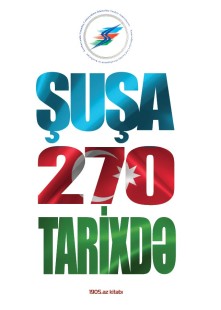
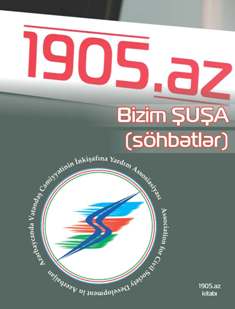
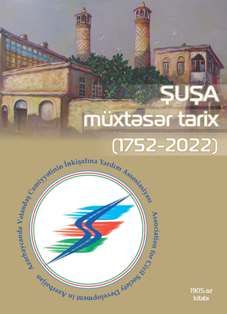
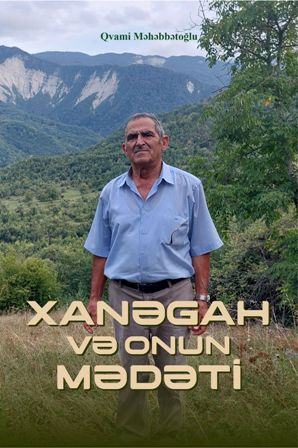

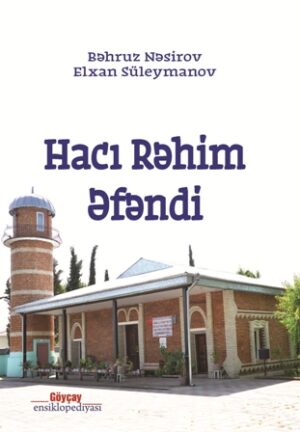
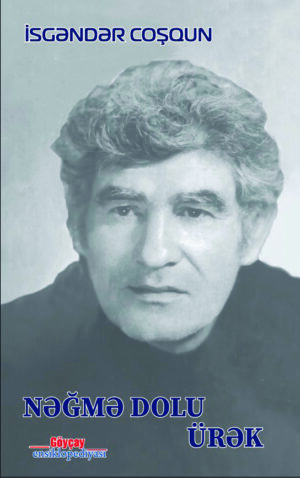
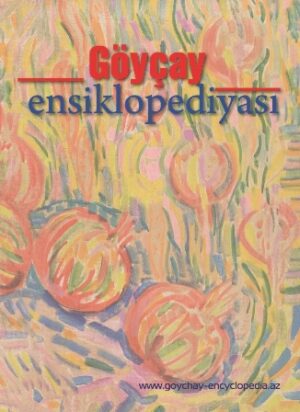

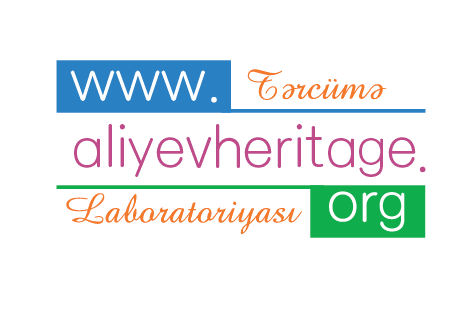


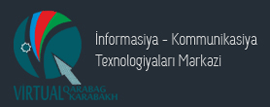




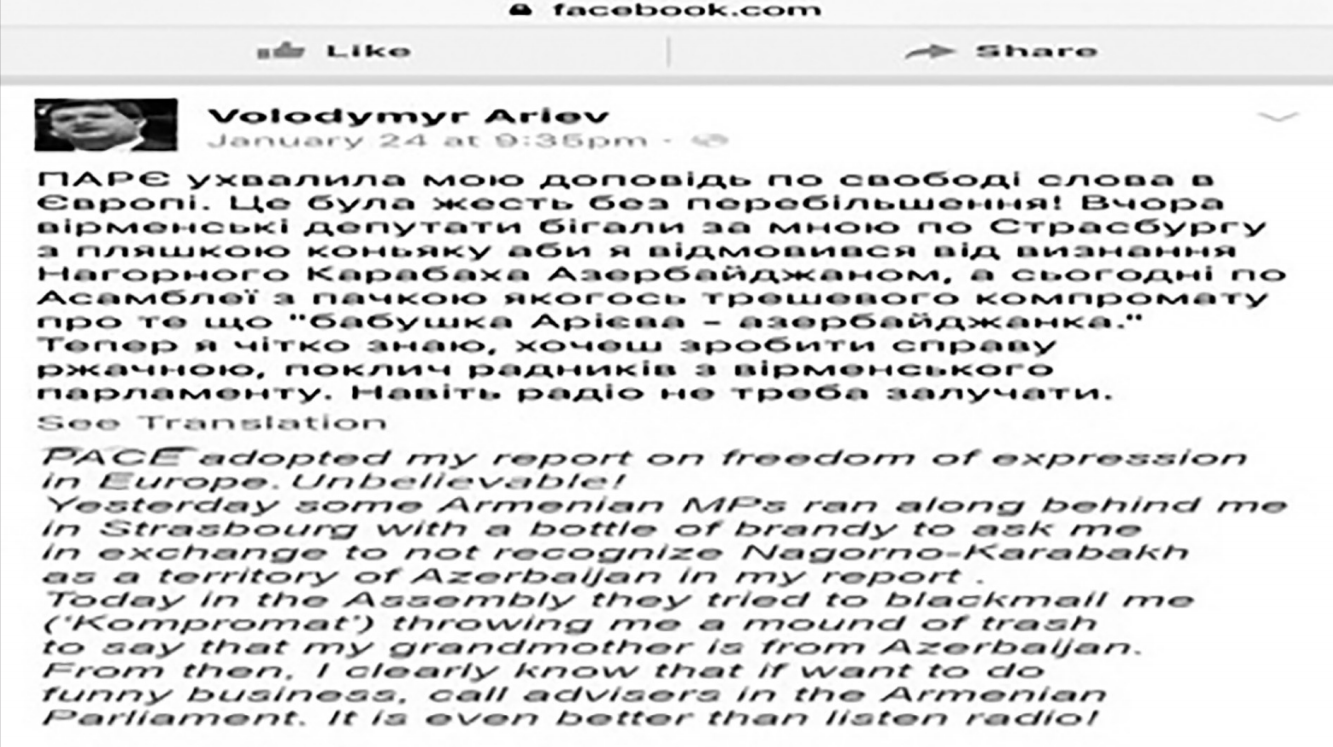
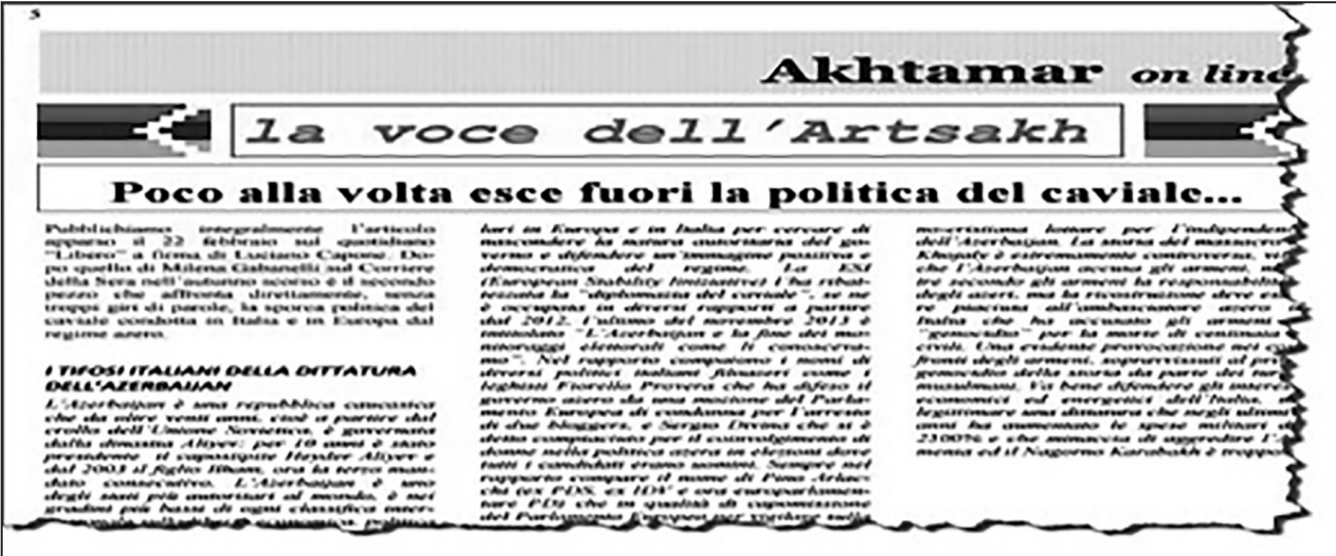
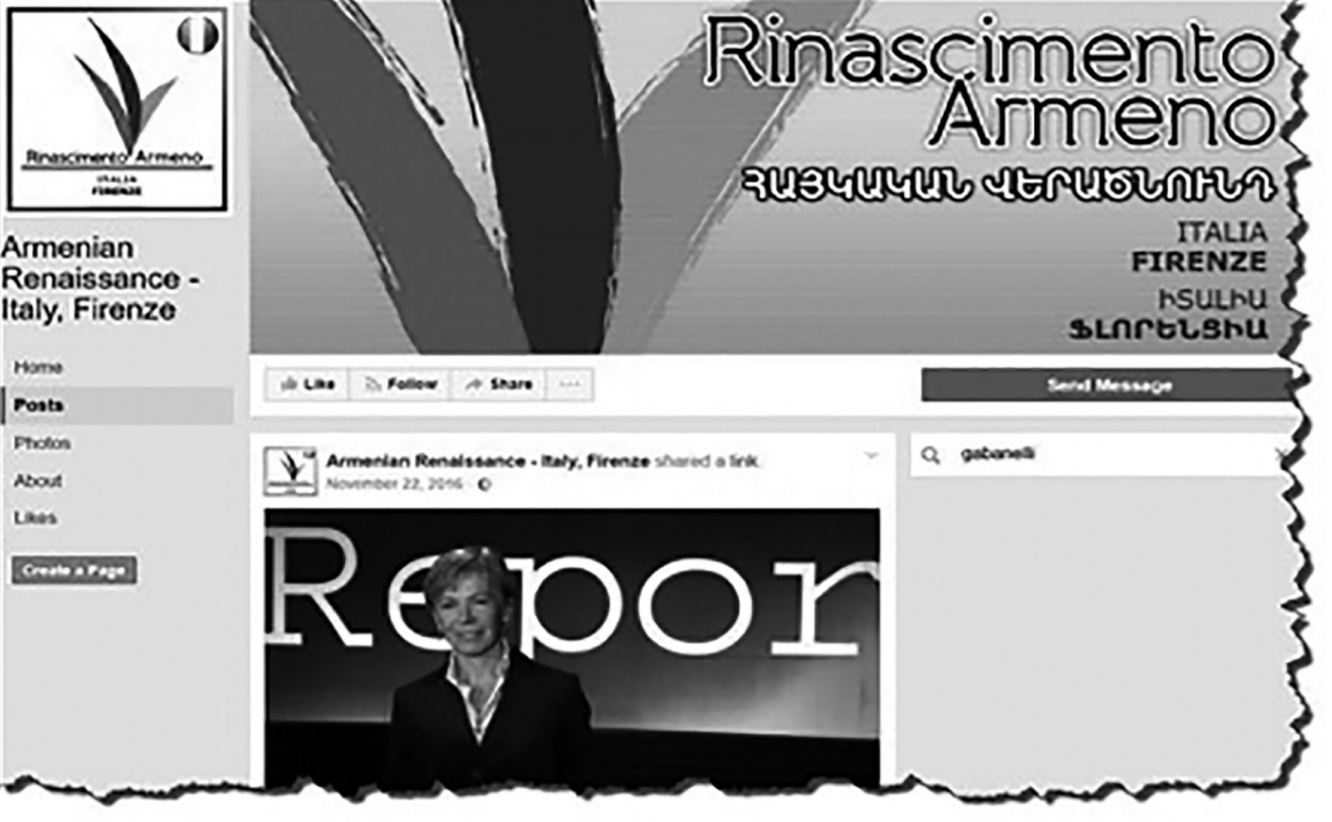



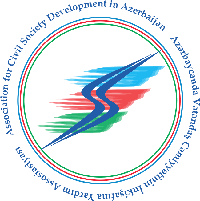
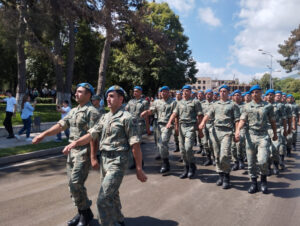 Silahlı Qüvvələr Günü münasibətilə Xankəndidə hərbçilərin yürüşü keçirilib VİDEO
Silahlı Qüvvələr Günü münasibətilə Xankəndidə hərbçilərin yürüşü keçirilib VİDEO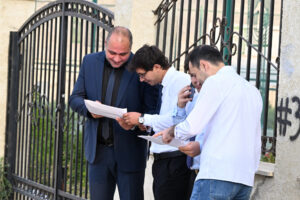 Böyük Qayıdış: Ağdam rayonunun Kəngərli kəndinə növbəti köç karvanı yola salınıb VIDEO
Böyük Qayıdış: Ağdam rayonunun Kəngərli kəndinə növbəti köç karvanı yola salınıb VIDEO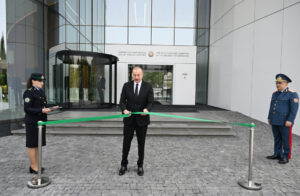 Prezident İlham Əliyev Dövlət Gömrük Komitəsinin yeni inzibati binasının açılışında iştirak edib VİDEO
Prezident İlham Əliyev Dövlət Gömrük Komitəsinin yeni inzibati binasının açılışında iştirak edib VİDEO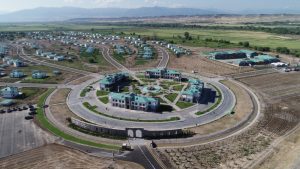 Azad, abad Ağalı kəndimiz…
Azad, abad Ağalı kəndimiz…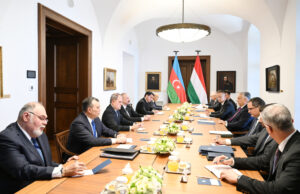 Budapeştdə Azərbaycan Prezidenti İlham Əliyevin Macarıstanın Baş naziri ilə geniş tərkibdə görüşü olub VİDEO
Budapeştdə Azərbaycan Prezidenti İlham Əliyevin Macarıstanın Baş naziri ilə geniş tərkibdə görüşü olub VİDEO